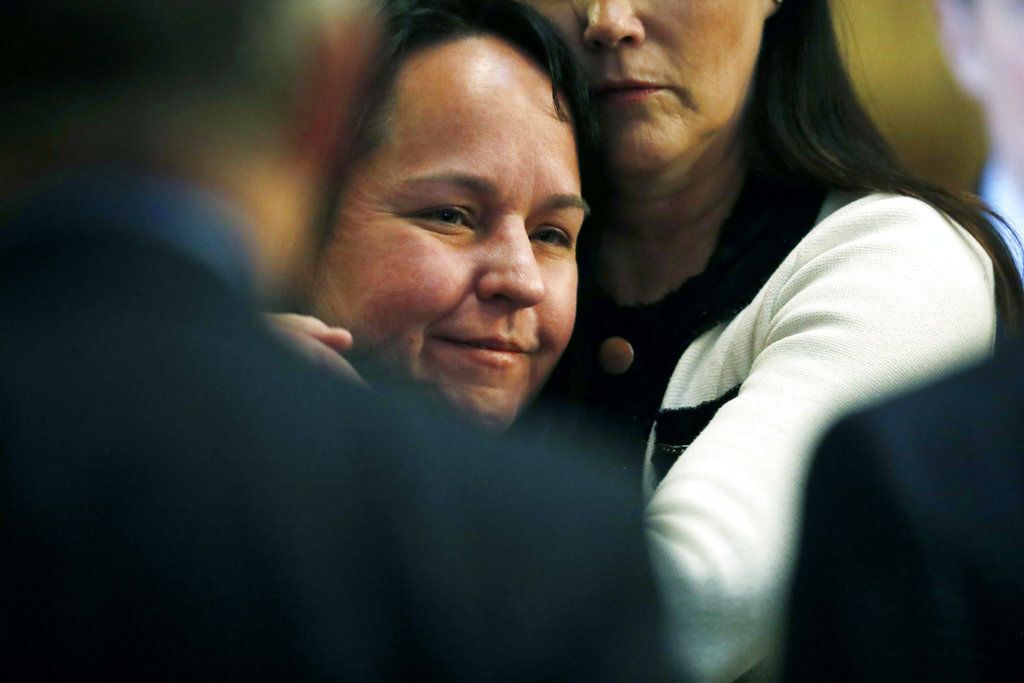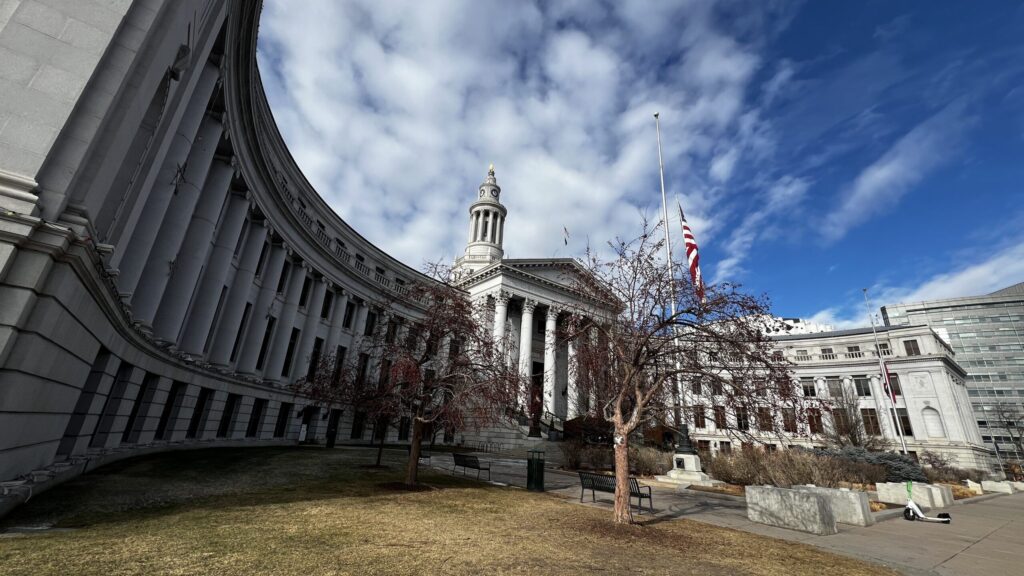Ban on corporal punishment in Colorado schools advances to Polis’ desk

An effort to prohibit corporal punishment in Colorado schools and child care centers passed its final vote on Tuesday. The legislation now only needs the governor’s approval to become law.
If signed by Gov. Jared Polis, House Bill 1191 would ban willfully causing physical pain to a child as punishment by employees and volunteers in public schools, state-licensed child care centers, family child care centers and specialized group facilities.
Colorado is one of only 19 states in which corporal punishment in schools is still legal. State law does not explicitly allow or prohibit corporal punishment in schools, though school districts are able to develop their own policies.
“I have had two children in public schools and I would not condone anyone hitting my child,” said bill sponsor Sen. Rhonda Fields, D-Aurora. “I don’t think it’s their place for an educator, a teacher or someone in a facility to strike a child. We have too much violence in the world right now. We need to teach young people appropriate ways to deal with disappointment.”
This is the second time the Colorado legislature has tried to ban corporal punishment in schools. The first attempt in 2017 passed the House but was rejected in the then-Republican-controlled Senate.
This year, HB 1191 passed with bipartisan support. The Senate approved the bill in a 32-3 vote on Tuesday, following the House’s 48-16 vote on March 15. In both chambers, only Republicans voted against the bill.
None of the three Senate Republicans who voted “no” on the bill commented on their objection. In the House, opponents argued that the decision of whether to use or ban corporal punishment should be left to individual schools and school districts.
“Pain is a primal motivator. You learn via pain,” said Rep. Ken DeGraaf, R-Colorado Springs, while voting against the bill. “Sometimes it’s best to experience an artificial or synthetic consequence before it’s permanent. There are too many adults in our jail system right now experiencing life-long consequences because they did not experience the synthetic consequences.”
Others raised concerns about whether the bill could prevent teachers from using punishments such as making students do push-ups and questioned how a teacher could know each student’s unique pain tolerance. However, proponents said the bill is only intended to prevent the intentional infliction of physical pain as punishment, such as spanking or paddling.
In a House committee, lawmakers rejected amendments that would have expanded the bill to also prohibit “excessive” athletic activity and “emotional or mental harm.”
The bill specifically carves out exemptions for pain or discomfort caused during voluntary athletics and for using force for self-defense, to break up a fight or disturbance, or to take a weapon or dangerous object from a child.
The prevalence of corporal punishment in Colorado schools is unclear, as the state doesn’t collect data on the issue. During the 2011-12 school year, the U.S. Department of Education found 485 self-reported instances of corporal punishment used in Colorado school districts.
“This doesn’t seem to be a real pressing issue … but at the same time, I certainly don’t want somebody, a volunteer or an employee of a school district, hitting my grandkids,” said Sen. Paul Lundeen, R-Monument. “So, I will be a ‘yes’ vote on the bill.”
Nationally, corporal punishment is disproportionately used against students of color and students with disabilities. The Brookings think tank reported that Black students are twice as likely as white students to receive corporal punishment. A 2009 ACLU study found that students with disabilities accounted for 18.8% of incidents of corporal punishment at schools, compared to being only 13.7% of the student population.
HB 1191 is backed by groups including the Colorado Education Association, Colorado Children’s Campaign, Denver Public Schools and American Academy of Pediatrics. No organizations registered in opposition to the bill, including the Colorado Association of School Boards.
The bill will be sent to Polis’ desk for final consideration in the coming weeks. If approved, the bill will take effect immediately with his signature.














